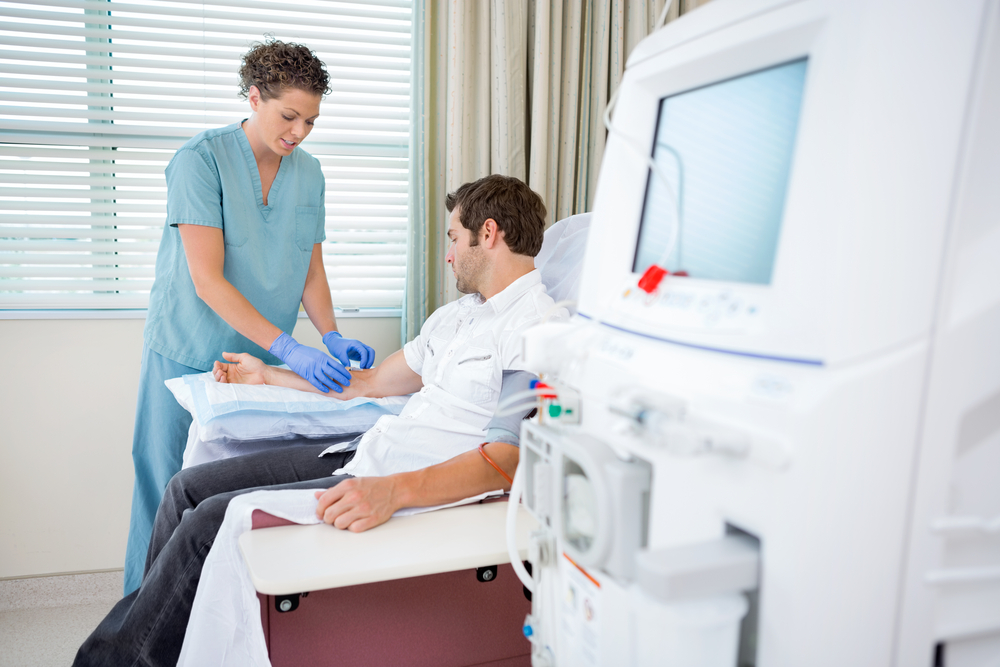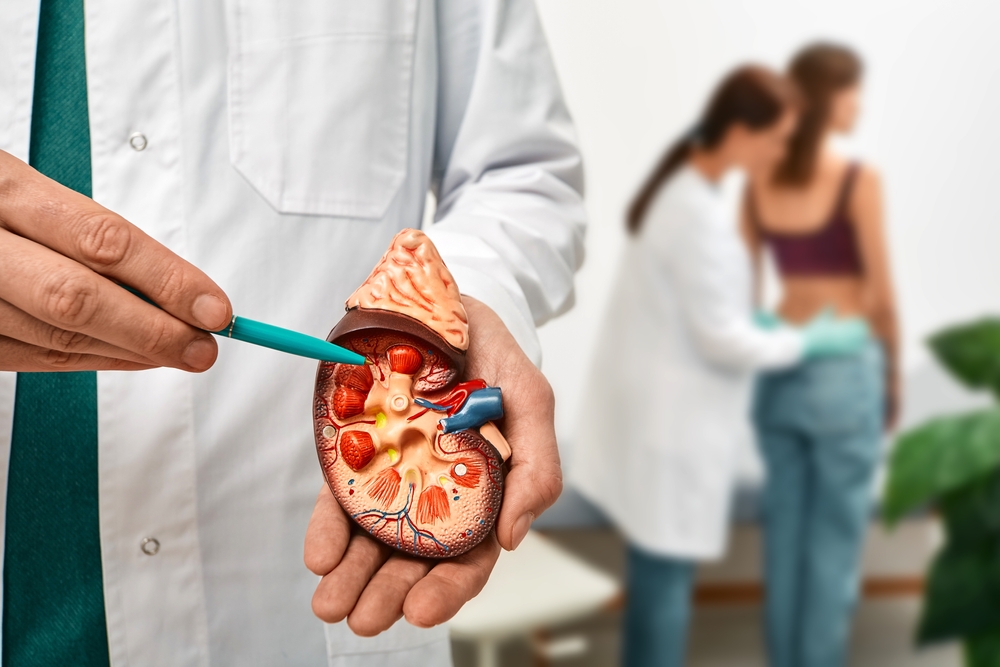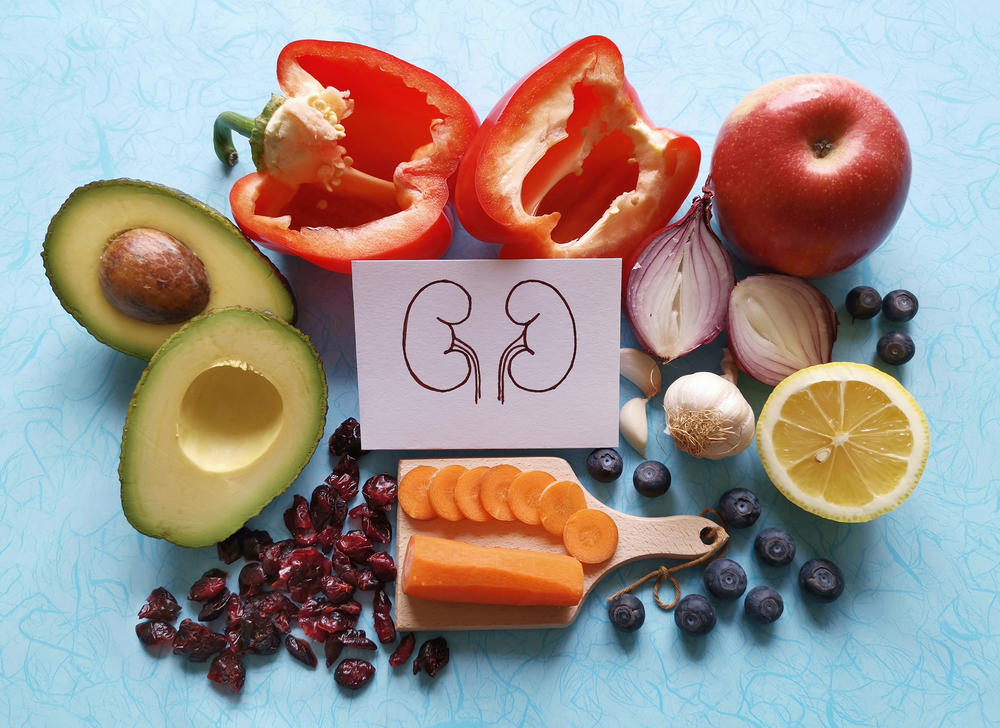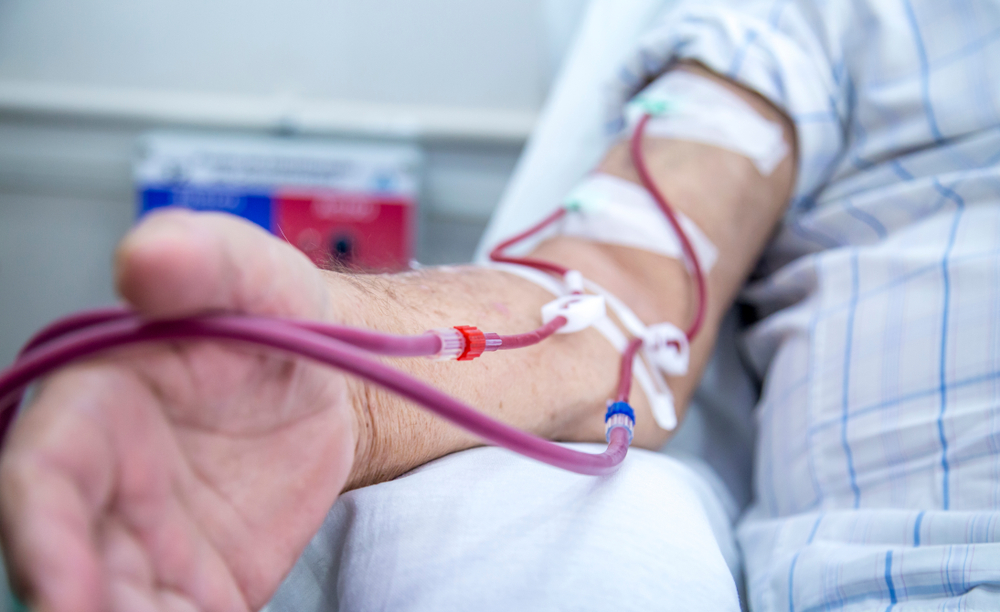The National Institutes of Health report that 37 million American adults have chronic kidney disease. An estimated 90 percent of those are unaware of their condition. Kidney disease shows little to no symptoms in its earlier stages, and those who do show symptoms have end-stage kidney disease. The estimate of those with end-stage kidney disease runs at 808,000. At this stage, kidney transplants or repeat dialysis from a certified expert are crucial to the patient’s well-being and life.
The Importance of Kidneys
Think of the water you drink. Without filters, dirt, bacteria, and other matter can make your water murky and unsafe.
Kidneys function as the filters for your body. With nephrons, healthy kidneys remove waste, acids, and extra fluids from your blood. The excess water becomes urine that exists in your body and carries the waste with it. The cleansed blood brings oxygen and other nutrients to organs and cells.
At the point of end-stage kidney disease, your kidneys totally fail. In the wake of kidney failure may come heart disease, high blood pressure, severe itching of the skin, weakness from anemia (low oxygen in blood cells), gout, and neurological impairments such as confusion and seizures. Kidney disease typically proves irreversible.
Dialysis Does What Diseased Kidneys Can’t
Dialysis assumes the functions robbed by kidney failure. It performs the filtering and cleaning in the place of your kidneys. Nearly seven out of every 10 patients with end-stage kidney disease turn to this treatment. Dialysis can also help those with acute or temporary kidney failure.
With dialysis, you can extend your life expectancy even after a diagnosis of end-stage kidney disease. Those on dialysis can expect on average to live five to 10 years after starting. Some survive beyond 20 years.
External Filtering
Hemodialysis relies on a tube that transports blood from your body to a machine. A needle in your arm connects the tube to an outside machine that filters your blood. The cleansed blood then flows through another tube back into your arm and throughout your body.
In a facility such as the Kidney Clinic of North Florida, hemodialysis patients usually have three treatments per week. The number and length of sessions can differ depending on the individual case. Without treatment, you can expect your body to continue to develop unwelcome symptoms that inhibit your daily life. However, patients who undergo this dialysis treatment will find themselves able to enjoy their lives more fully.
Interior Cleaning
Peritoneal dialysis cleans from the inside. The lining in your abdomen, known as the peritoneum, filters the blood with the help of a cleaning solution. This fluid contains water along with salt and other medicinal substances. The fluid enters down a tube and through a surgically inserted catheter into your abdomen. After filtering waste out of your system, the fluids and waste flow into an empty bag.
This internal dialysis method allows you to conduct daily activities during the treatment generally. However, you’ll need to change bags roughly four times daily, though peritoneal dialysis can be performed at home luckily.
This form of dialysis is a more permanent solution, offering continuous treatment to regularly rid your body of waste. Machines can help automate this process while you sleep and maintaining regular cleaning can help patients in end-stages live longer.
Experts Can Help You
Kidney disease is a serious condition that can be fatal if ignored and left untreated. Seeking solutions can not only improve your energy levels and daily functions but can save your life. Dialysis is not a cure but will slow down the process significantly while a patient waits for a transplant. It is imperative that you do your research, and find a doctor who is both certified and experienced.
Dr. Gaurav Tandon, MD stands ready to bring his knowledge and experience in treating your kidney disease. Contact The Kidney Clinic of North Florida to schedule your consultation about whether you need dialysis and what method would best serve you.






